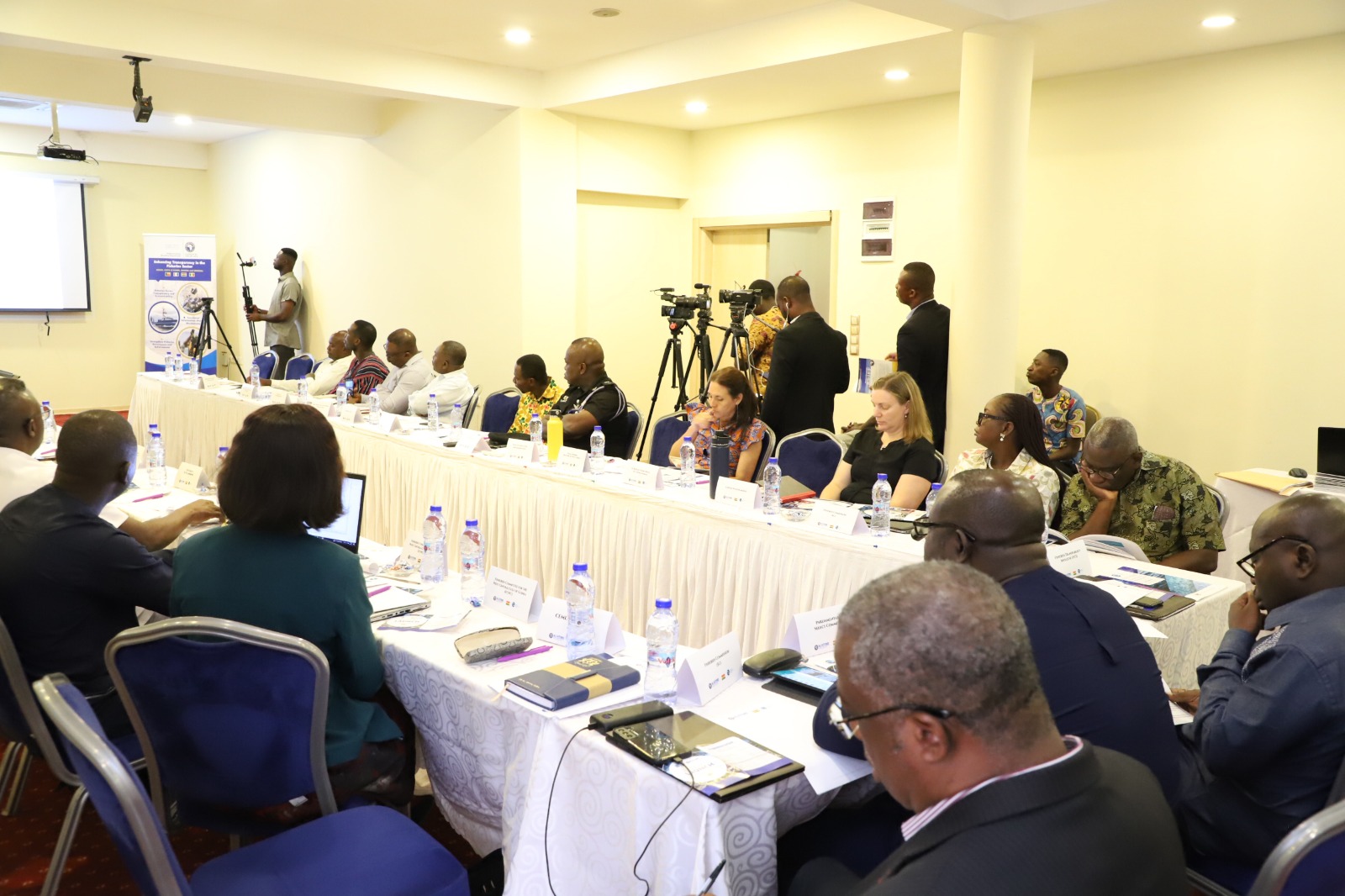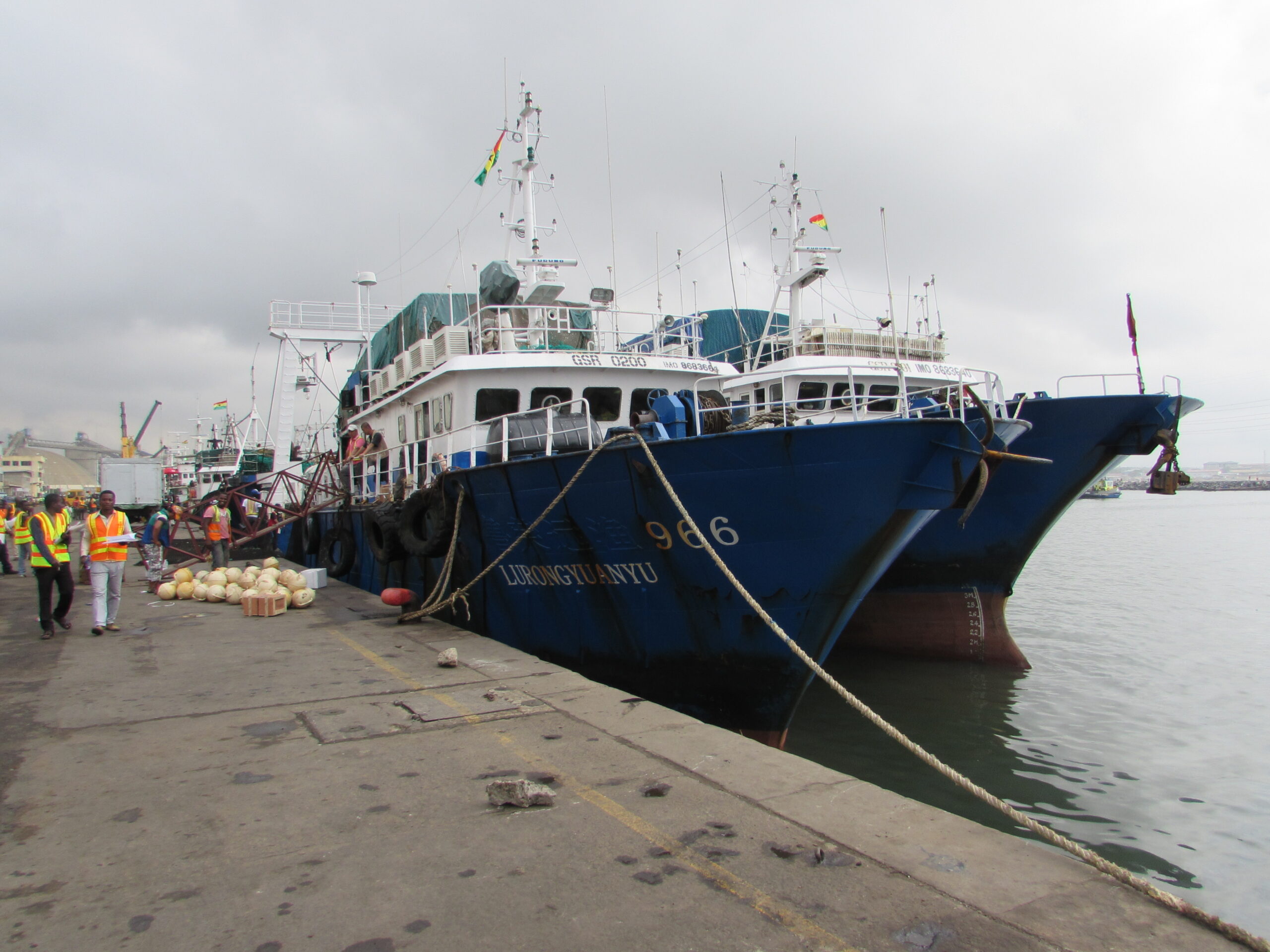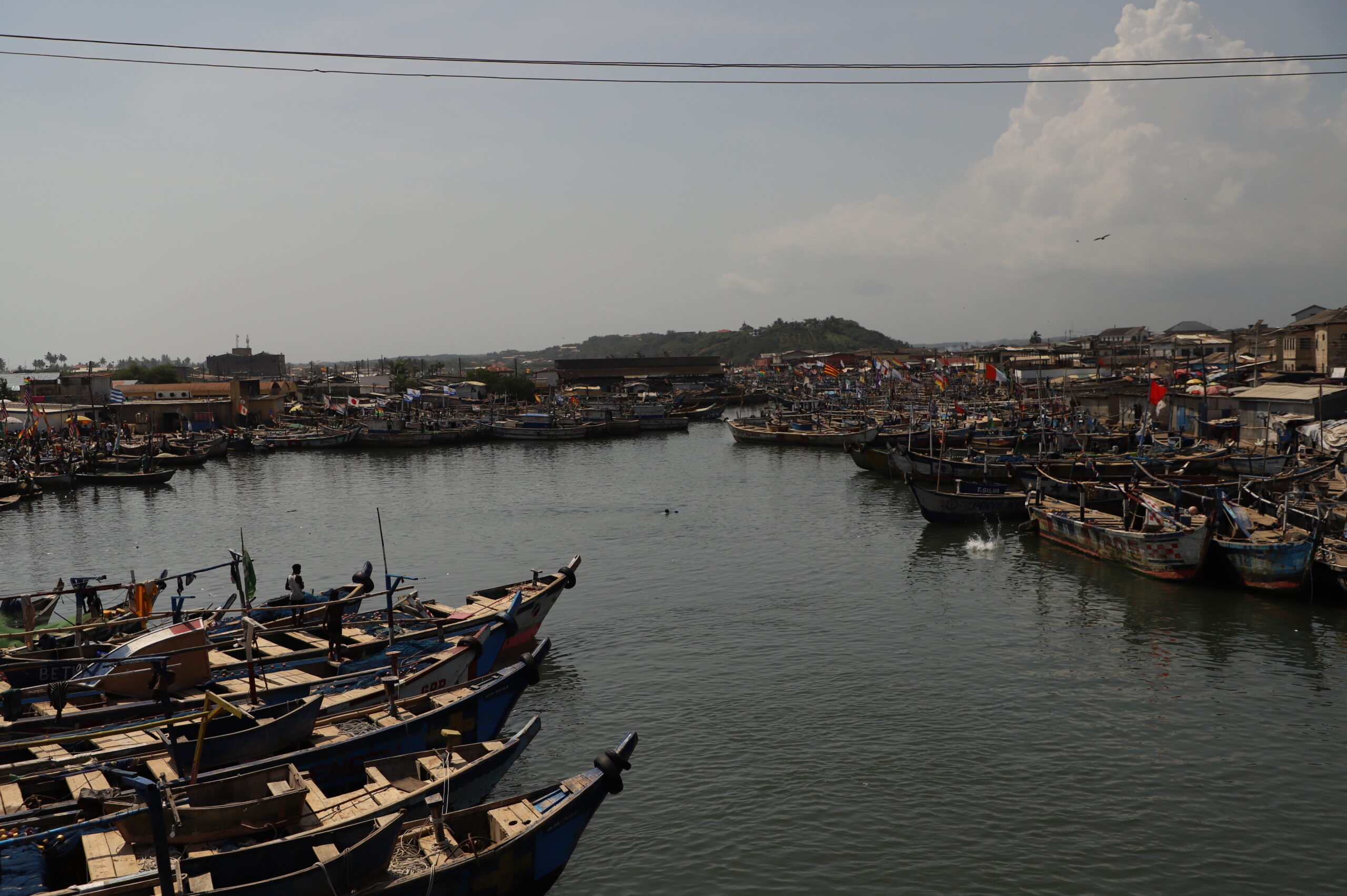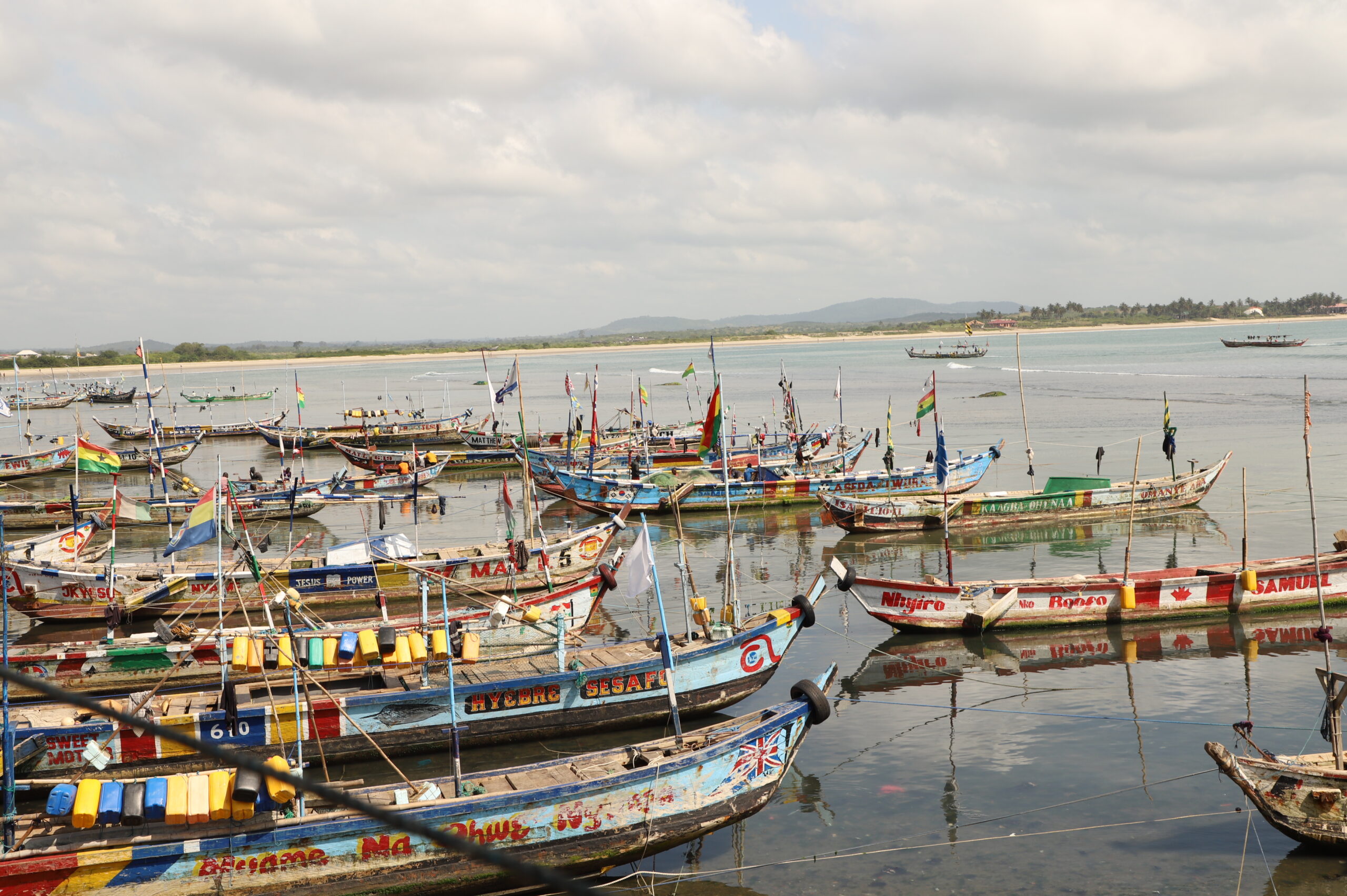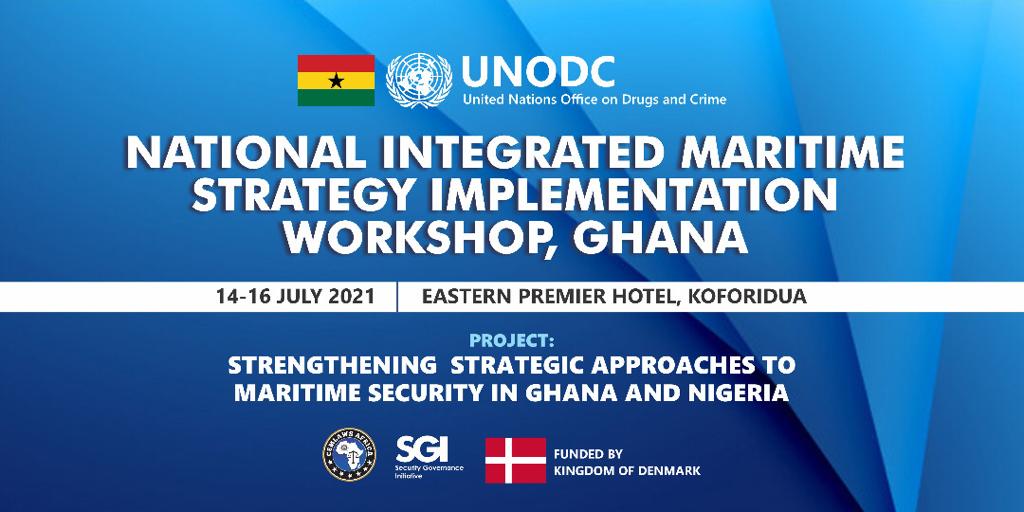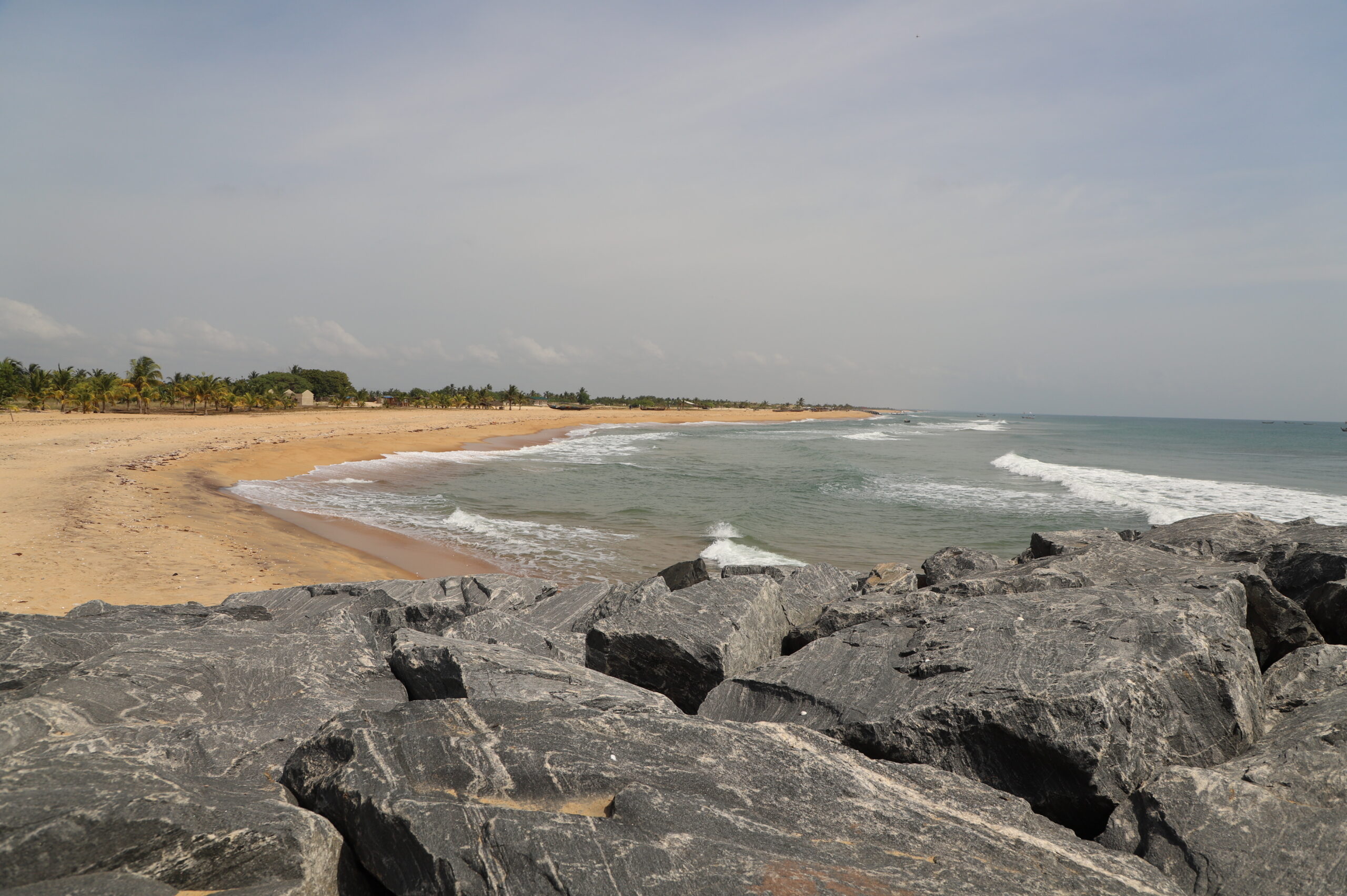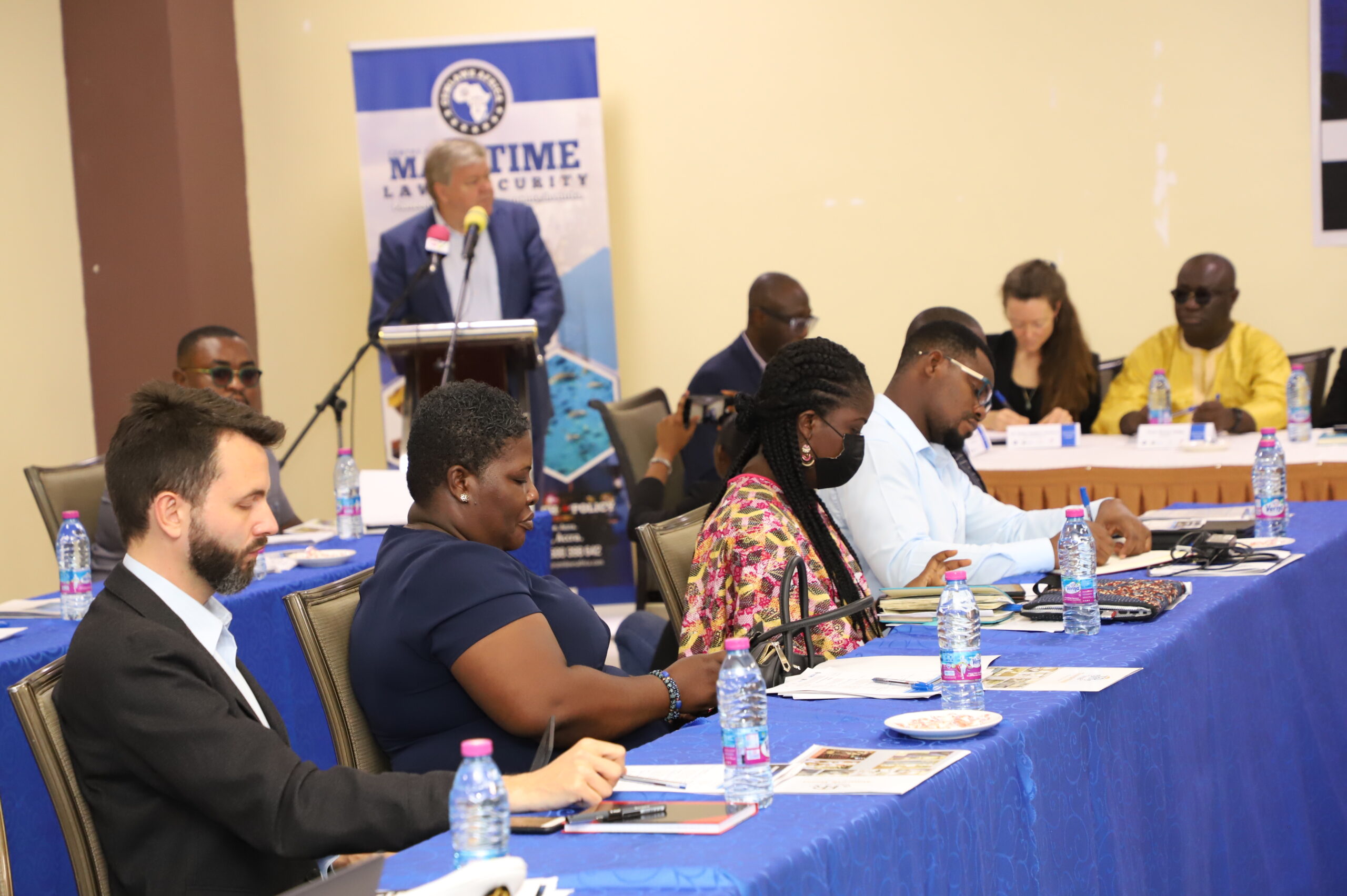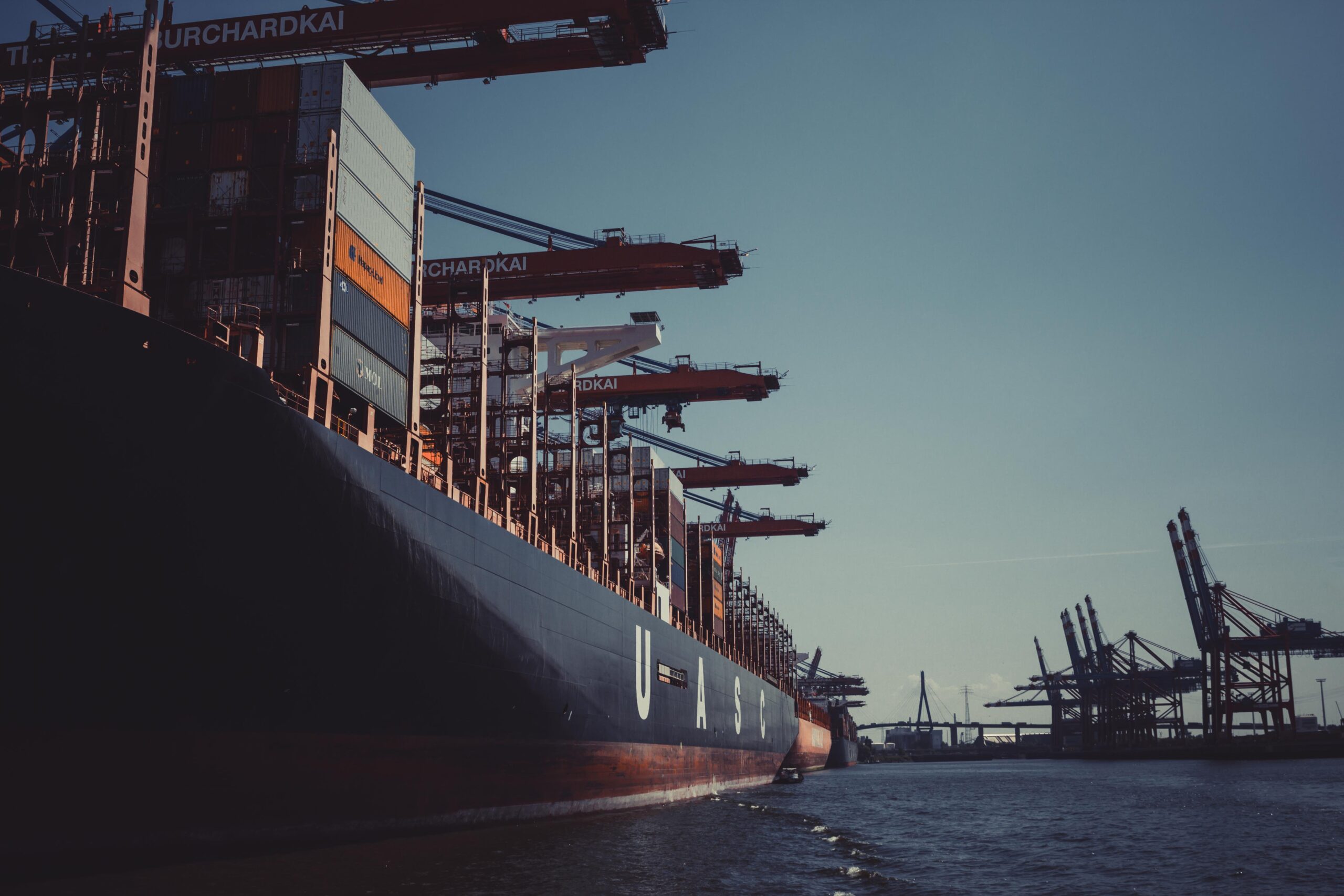‘TAKING STOCK – Online Transparency of Fisheries Management Information’ – Ghana
FiTI, collaborated with CEMLAWS Africa, to initiate online transparency assessment of fisheries management information for Ghana. The FiTI (Fisheries Transparency Initiative) undertook the ‘TAKING STOCK – Online Transparency of Fisheries Management Information’ assessment to assist Ghana in improving accessibility and clarity of fisheries management data in the sector. The report from taking the stock assessment […]





